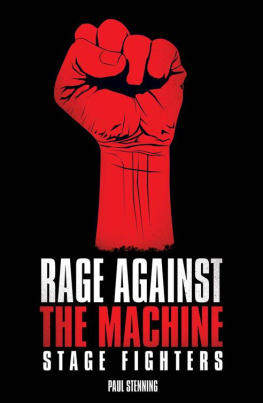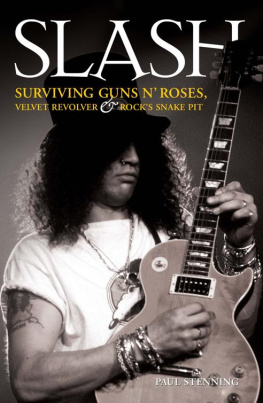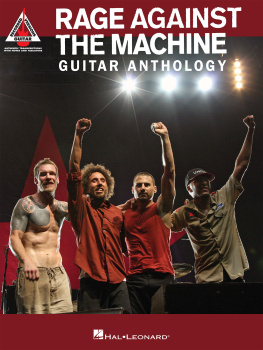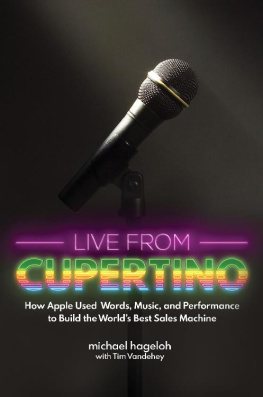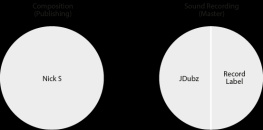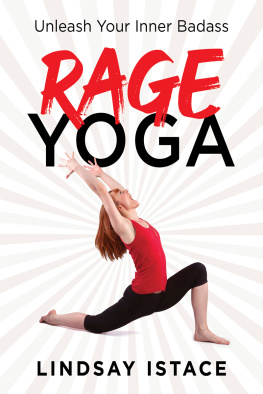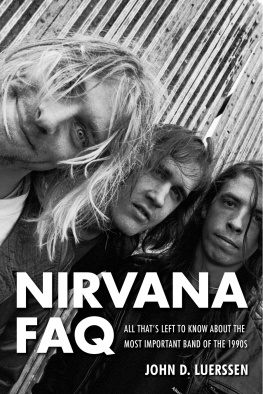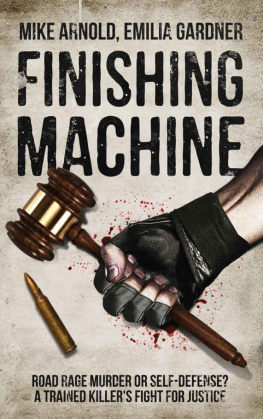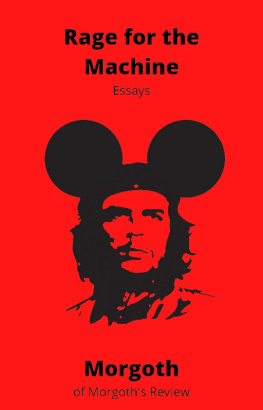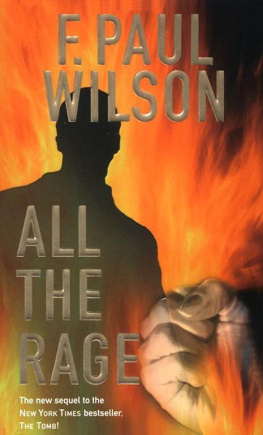Special thanks to Garth Richardson, Ben Myers, Rey Oropeza, Mumia Abu-Jamal, Chris Poppe and Martin Roach.
The wiry figure crouches as low as he can, stunted dreadlocks glistening in the stage light as he gradually rises and starts to unleash vocal fury upon the thousands in attendance. Behind him the band plays a riotous mix of post-hardcore-meets-rap ferocity as Rage Against The Machine begin to hit a groove few bands could ever match. They play their set, speak their message and get the fuck out of the building. Another stage trodden, another missive spoken. Another successful show, and many new fans have been gained.
Thats what its all about for this band and over the years their cause of political justice and freedom of speech amongst many other noble strivings has alerted countless young men and women to the problems in the world, whether it be the unjustified incarceration of Black Panther Mumia Abu-Jamal or subjects closer to home, such as domestic poverty and sweatshop labour conditions.
If you are a big Rage Against The Machine fan, you know where you were when you first heard them. Their impact is simply immeasurable. From the moment they erupted onto the rock scene in 1992, they have broken boundaries left and right whether it be with their innovative musical artistry or their frequently incendiary lyrics and riotous performances. They have spoken out more than other artist in hard rock history against the many capitalist injustices we all face and have truly assaulted the mainstream, realising their potential power several times over.
Though they took a long sabbatical in which three of the four members started a new band Audioslave Rage Against The Machine never lost their impetus, making an impact with all posthumous live releases and continuing to drag people into the political activism arena as more and more new fans discovered their four stunning studio albums. Then in 2007, the band reconvened with its original line-up to once more scare the worldwide establishment. No one knows what will happen next but its fair to say the band have clearly had enough time off and believe now is truly the moment to effect the most obvious and positive change.
This book focuses on the art, message and history of Rage Against The Machine. It also follows the post-Rage work of all members, be it Audioslave or the more low profile years for singer Zack De La Rocha in which he frantically worked on his long-mooted solo album. It is a work which encompasses all that Rage Against The Machine stood, and continue to, stand for. With this in mind, it naturally focuses on the political background to the band and their upbringing both before, during and after their RATM catalogue. As the band have often stated, it is difficult, if not impossible to separate art from politics. With such an obvious, politically-minded band it would be lazy and indeed misguided to skirt around the political background to their career and the precipitating events of not only the 1960s and 1970s where the members grew up, but the historical context which enveloped their youth primarily the fact that they were of different ethnic backgrounds.
Whether you are interested in politics or not, if you are a Rage Against The Machine fan you cannot avoid the issues the band campaign for. Though guitarist Tom Morello has acknowledged the power of the music of its own accord, stating, A Rage Against The Machine show is not a college lecture, the bands statement in accordance with their musical proficiency cannot be avoided. Indeed, without this multi-dimensional message geared towards society, RATM would be a completely different band and perhaps not quite as loveable.
I have tried to cover all bases with this book, both musically and politically. We also have to remember not everyone is a political scientist and some basic explanations are necessary for a lot of the history told. For anyone already heavily involved in emancipating their minds and learning as much about the truth of the world as they can thats great, but for those who are just beginning on their quest there is a list of recommended reading and viewing at the back of the book.
The mere fact you are holding this book in your hand is an achievement for freedom of speech. Perhaps it will go by unnoticed in the chasms of the establishment, but within these pages are the seeds of a righteous cause intended to make you think, research and look towards changing the world around you. It starts with a spark and it can start with you. Our remaining civil liberties are in danger of being eroded, or possibly already have been, in many instances. The wrong word here and there can make you outlawed by mainstream society. So this one is for other outcasts, free thinkers and freedom fighters, potential or realised.
I trust you will read the book with an open mind and a true sense of our capabilities to change ourselves and the world around us. Rage would have wanted it that way.
And if you dont see yourself as the next Malcolm X or youre simply not interested in the political views of the Rage Against The Machine members, dont worry this is also a book about a great rock band.
Paul Stenning, June, 2008.
To assess the nature of a political band, we must first understand what politics really means. The dictionary definition explains the word to principally mean, The art or science of government or governing, especially the governing of a political entity, such as a nation, and the administration and control of its internal and external affairs. When looking into the meaning of this, we see that essentially every single aspect of our daily lives comes down to politics. The price of a CD is politics, just as much as a war for oil.
Everything comes down to politics, so when a band is defined as political it is really nothing more than a case of commenting on the society around them. Unless an artist only sings about their own emotions, as soon as their reflections concern society in any small fashion, their actions are politically defined.
Some see politics as boring and at a government level, for most of us it would be. This is why only certain types of people can stomach such a job, or have the required focus to be involved. They are often dull, thus it convinces us that politics in itself is dull and we should not be concerned with it, leaving other people to make key decisions and manipulations over which we have no control or interest. We give them that power virtually before they even start.
So a band who tag themselves as political are instantly saying to us, We must look at certain issues, or even all issues, politics concerns us. You wouldnt let other aspects of controlling your life go, so why should we let our fundamental rights and living conditions be controlled by an entity out of our reach and out of our control? Yet by definition of the establishment, political bands are often seen as dangerous, just as peace protestors are, or anyone who does not conform to mainstream society. Anything or anyone who challenges the established norm is seen as a threat by the system because at any stage these mavericks and revolutionaries can alert people the blind mass of society to the injustice going on around them, and make them understand that they are not really free in the way they presume.
Freedom of speech is a basic right, one to which we are less entitled than we may think. Yet somehow, when those freedoms are tested by a band, standing on a stage engaging the audience with loud, messianic music, that freedom seems more dangerous than ever to the establishment. If you can say anything, then anything is possible and this scares the powers-that-be to death. Politics is no more boring than sports, it is the people involved in politics who make it boring, because that is their design.

